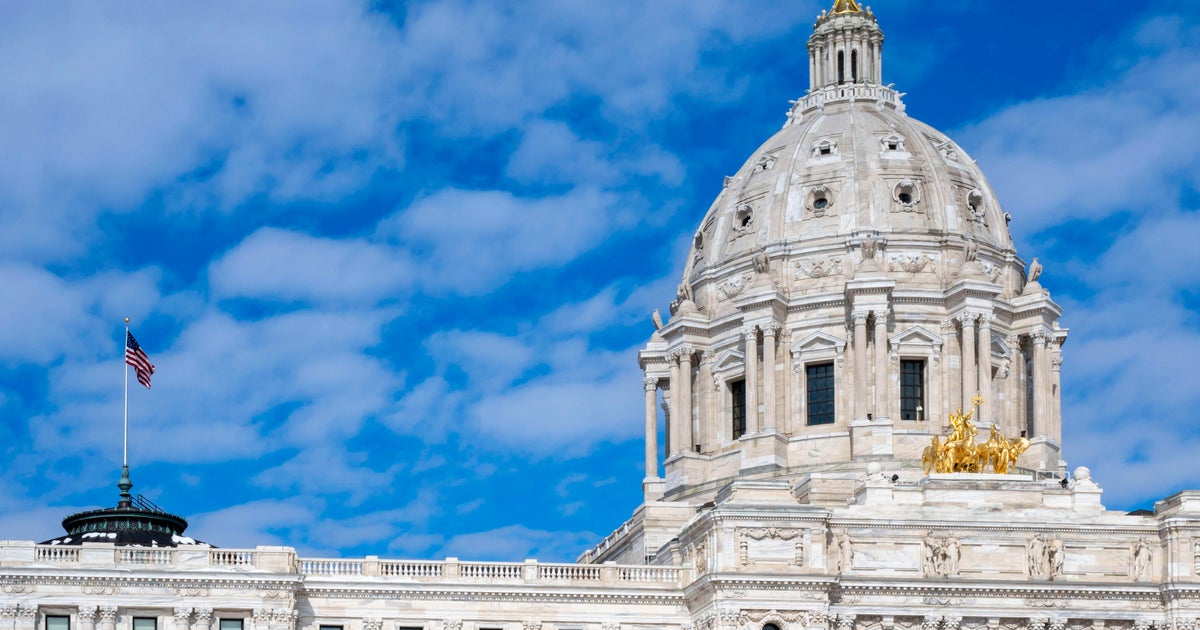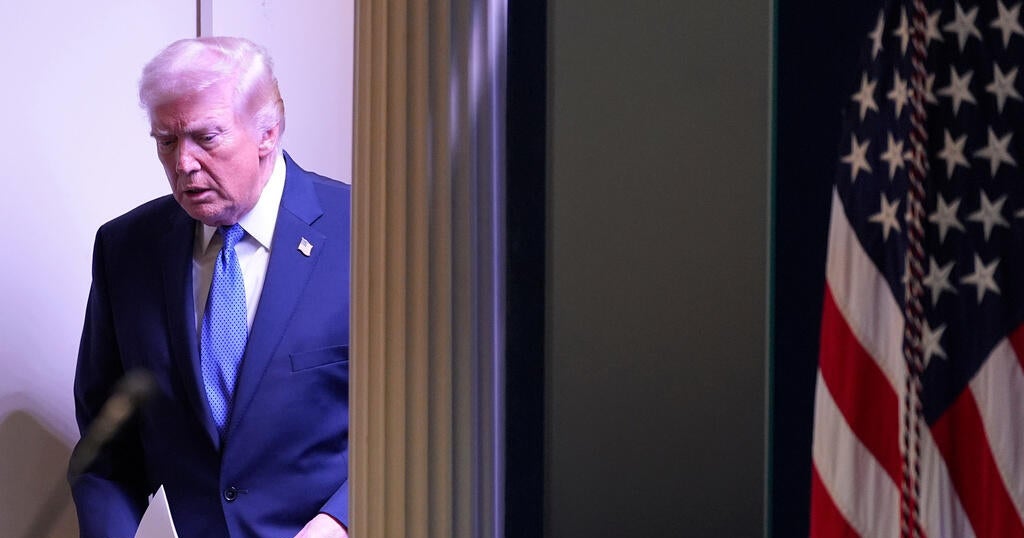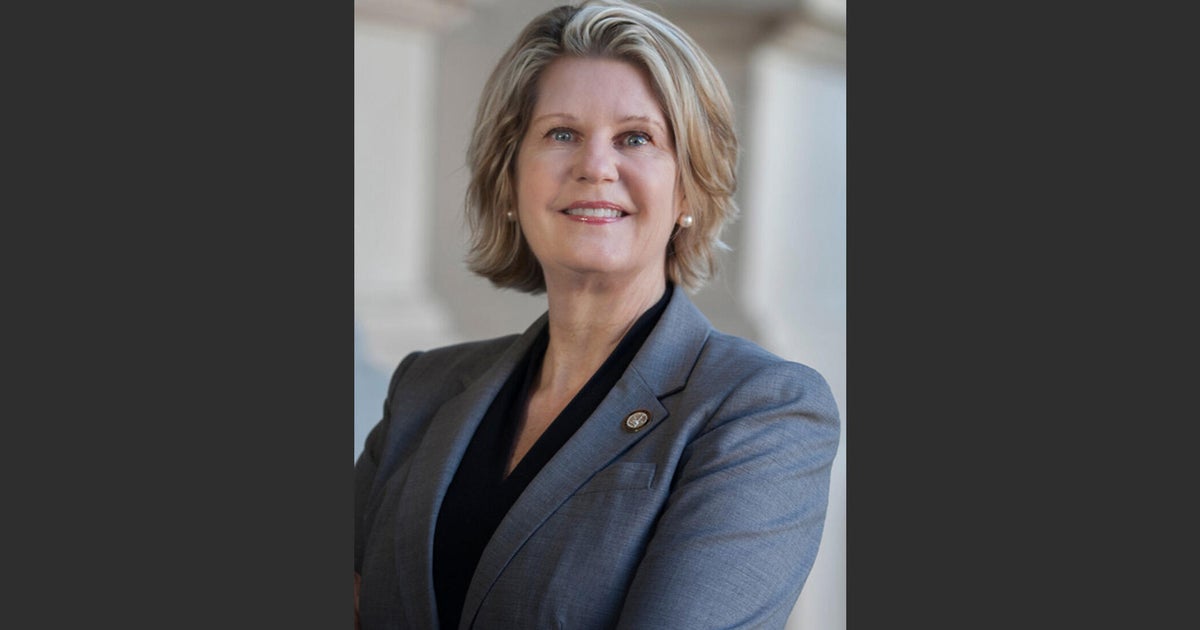Biden tries to unite Democrats on agenda
In a series of meetings Wednesday, President Biden sought to bring Democrats together to pass his ambitious "build back better" agenda contained in two bills, one a $1 trillion bipartisan infrastructure bill that would rebuild and repair traditional infrastructure in the U.S., and a broad $3.5 trillion measure that will have to pass with only the support of Democrats.
Mr. Biden met with three sets of Democrats, but there was little sign of movement after the meetings. House Progressive Caucus chairwoman Pramila Jayapal said after the meeting that "a majority of our 96-member caucus will only vote for the small infrastructure bill after the Build Back Better Act passes."
So, although the Senate has already passed the bipartisan bill, which would be the biggest infrastructure bill approved in almost two decades, the House has not yet acted on it. At the same time, at least two moderate Democratic senators say the other bill's $3.5 trillion price tag is too high, and maintain it must be trimmed before they'll support it.
Lawmakers voted last month to set a September 27 deadline for the House to pass the smaller measure, and as that date quickly approaches, moderates still want to take the vote.
"It's fair to say that everyone in the room agreed on two things — that we need to pass the President's Bipartisan Infrastructure Bill on Monday," Congressman Josh Gottheimer, of New Jersey, said after the meeting with Mr. Biden. Gottheimer, who helped put together the bipartisan bill, added that "separately, we also want a reconciliation package. And that we can get there." He conceded that "we still have work to do" and "we've got a hectic few days ahead."
Congressman Mike Pocan, a progressive from Wisconsin, said Mr. Biden was "absolutely extremely engaged" in the meeting, adding that "this is clearly Joe Biden's vision, his values, and in a real priority for him."
But Pocan said there was no discussion of numbers, of bringing down the price tag of the larger bill. He said that it was "more of a strategy session on how to make sure that we get both of these bills done." The Wisconsin representative ruled out the idea that the larger bill would be ready for a vote on Monday and suggested that that the smaller bill would not be considered on Monday, as promised. He said of the two bills that "they'll be ready to be voted on when they're ready to be voted on which I am quite confident is a matter of weeks."
At least one prominent Democrat is concerned about the possibility that instead of passing Mr. Biden's domestic agenda in these two bills, the infighting will scuttle them both, leaving Democrats and the president empty-handed.
"The president hosted three productive and candid meetings with congressional Democrats, representing a wide range of views of the caucuses in both chambers, about the urgent need to deliver for the American middle class through the Build Back Better Act and the bipartisan infrastructure deal," the White House said in a statement Wednesday. "This was an important opportunity for the President to engage with Members and hear their perspectives, and progress was made toward finding the pathway forward for lowering costs for hardworking people and ensuring that our economic growth strategy is based on investing in families, not more giveaways to big corporations and the wealthiest taxpayers. There is more work ahead in the coming days, and he and his team will have follow-up meetings, starting tomorrow, to continue to advance the process of passing these critical bills."
In a memo sent to every Democratic congressional office, John Podesta, a former White House chief of staff and member of the Board of Directors at the Center for American Progress think tank, called on lawmakers to unite and pass the bills — but at a size and price much smaller than many have in mind.
Because of the tight margins in the House and Senate, "We will not secure the full $3.5 trillion investment," he wrote. "It's time for Democrats to unite in finding the path forward." Podesta told congressional Democrats, "[K]now this: you are either getting both bills or neither –– and the prospect of neither is unconscionable. It would signal a complete and utter failure of our democratic duty, and a reckless abdication of our responsibility. It would define our generation's history and show that, when our time came, we failed, both for Americans now and in the years to come."





